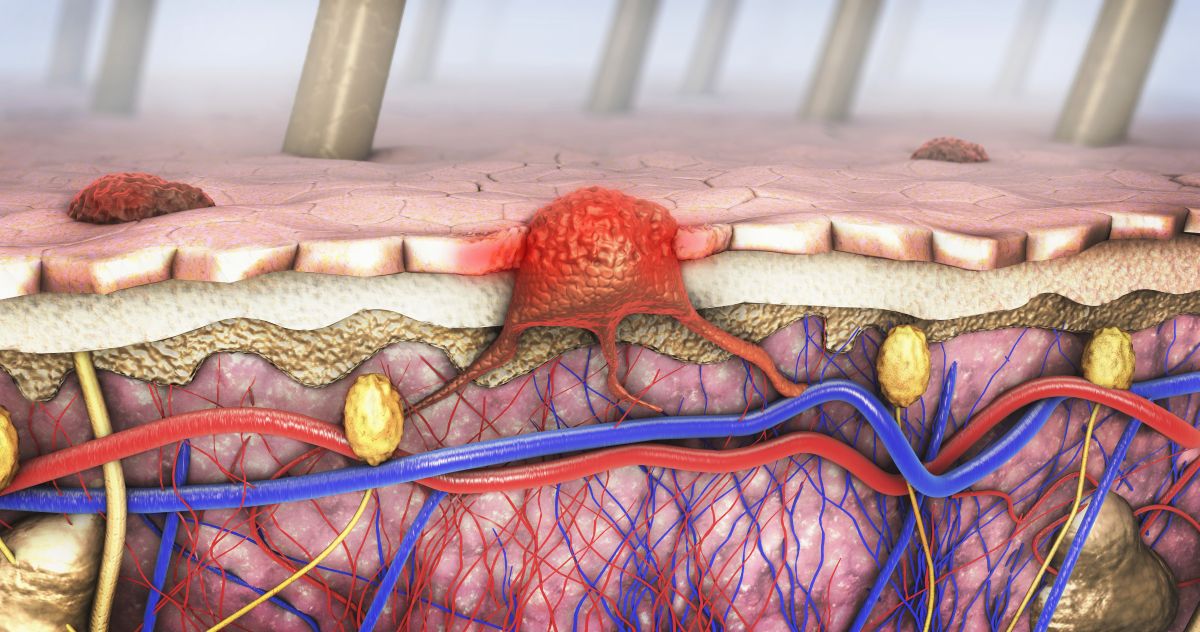 In our series of expert oncologist interviews, Alexander Eggermont, MD, PhD, professor of immunotherapy at University Medical Center Utrecht, the Netherlands, discussed unmet needs in the field of melanoma.
In our series of expert oncologist interviews, Alexander Eggermont, MD, PhD, professor of immunotherapy at University Medical Center Utrecht, the Netherlands, discussed unmet needs in the field of melanoma.
The introduction of immune checkpoint inhibitors (ICI) to the therapeutic repertoire has been a triumph in terms of controlling melanoma and extending survival. However, there is no panacea for metastatic melanoma, and ICI-resistant melanoma is emerging as a major therapeutic challenge. Therapeutic options are limited in this setting, especially in patients with comorbidities or poor performance status. Therefore, there has been much effort focused on increasing the overall response rate and the durability of responses to ICI for melanoma and developing therapies that will be active after ICI failure.
Dr Eggermont discussed one investigational immunotherapy approach for melanoma that uses intratumoral therapy with an oncolytic virus. Specifically, a highly oncolytic virus is in the pipeline called RP1. This agent is being studied in combination with nivolumab in the multi-arm phase I/II IGNYTE trial (NCT03767348) in adult patients with advanced and/or refractory solid tumors. Data for initial cohorts in this study were presented previously at the 2022 American Society of Clinical Oncology Annual Meeting and other conferences. Responses were seen not only in the injected tumors, but also at other sites, possibly through antigenic neoantigen release during viral lysis of the cancer cells priming the antitumor immune response.
In December, updated data from IGNYTE were released for patients who progressed either during or after completion of anti-programmed cell death protein 1 ICI therapy. In 75 patients with cutaneous melanoma who had prior ICI therapy and received the RP1 + nivolumab combination, the overall response rate was 36%, with the addition of mild limited fever, fatigue, and chills to the established adverse event profile of nivolumab. Dr Eggermont further discussed the response rates in subsets of patients with different treatment and progression histories. He provided his additional insights into the IGNYTE regimen and perspectives on the potential future development and role of this therapy in melanoma.
Watch the full interview here:

